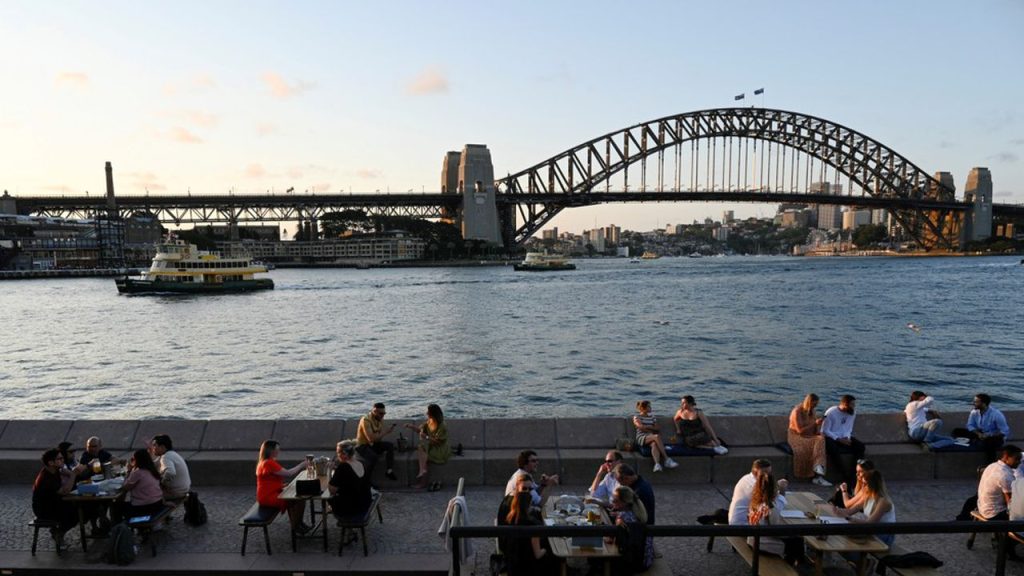
Covid: Australia and New Zealand ease health restrictions
Posted on November 22, 2021, 10:47amUpdated on November 22, 2021, 12:01 PM
It is a manifestation of a return to normalcy. Australia and New Zealand are easing restrictions to combat COVID-19. Twenty months after closing its borders, Australia announced that it will accept international students, skilled workers and work holiday visa holders again starting next month.
Australian citizens, visa holders, and nationals of Japan, South Korea and Singapore will now be able to travel into the country after testing negative for Covid-19 only prior to departure if they have been vaccinated, from 1He is Dec. However, some Australian states still require quarantine upon entry.
“Australia is opening up to the world once again,” Home Secretary Karen Andrews said. It was Scott Morrison’s government already Lifting restrictions on travel abroad for Australians last month, resulting in a summer bookings boom in the southern hemisphere. But he flatly refused to ease restrictions on foreigners, a move that has stranded some 1.4 million eligible visa holders in Australia, with no possibility of returning if they decide to leave the country.
No reopening for tourists
The university sector, in particular, has been pushing for visa holders to be allowed in again, as they scramble to fill jobs and prepare to enter a third year of restrictions.
According to Universities Australia, which represents the Australian university sector, 130,000 international students remain outside the country. Describing the decision as “great news,” the group’s chief executive Catriona Jackson said: “They want nothing more than to join their classmates in Australia.”
The restrictions have raised concerns that many Asian students will choose to study face-to-face in the US or Europe rather than pay for online courses in Australia. No indication has yet been given of the country reopening to tourism, which is a blow to the hard-hit sector. The number of visitors has practically fallen to zero since the border closed in March 2020.
End of confinement in Auckland
In New Zealand, Prime Minister Jacinda Ardern announced in early October that the country would adopt a new response to Covid-19. This should have a delta variable rather than trying to remove it completely – goal “Zero-Covid” strategy Until now. Thus, the three-and-a-half-month lockdown applicable in Auckland, the country’s largest city, will end in early December.
The disease has killed just 40 of its five million residents, but pressure has grown to end the lockdown on Auckland since the delta variant was discovered there in August. Jacinda Ardern had initially planned to change the policy once the 90% vaccination rate in the country was reached, but eventually introduced reopening when the vaccination level is currently around 83%.
The new system is presented as a traffic light, with green effectively indicating no control over the virus, orange requiring mask-wearing in certain places while red allows businesses to remain open to only vaccinated customers and observe social distancing. Strict quarantine rules for International Arrivals It will stay in place, but Jacinda Ardern has vowed to loosen it up early next year.

“Reader. Travel maven. Student. Passionate tv junkie. Internet ninja. Twitter advocate. Web nerd. Bacon buff.”
